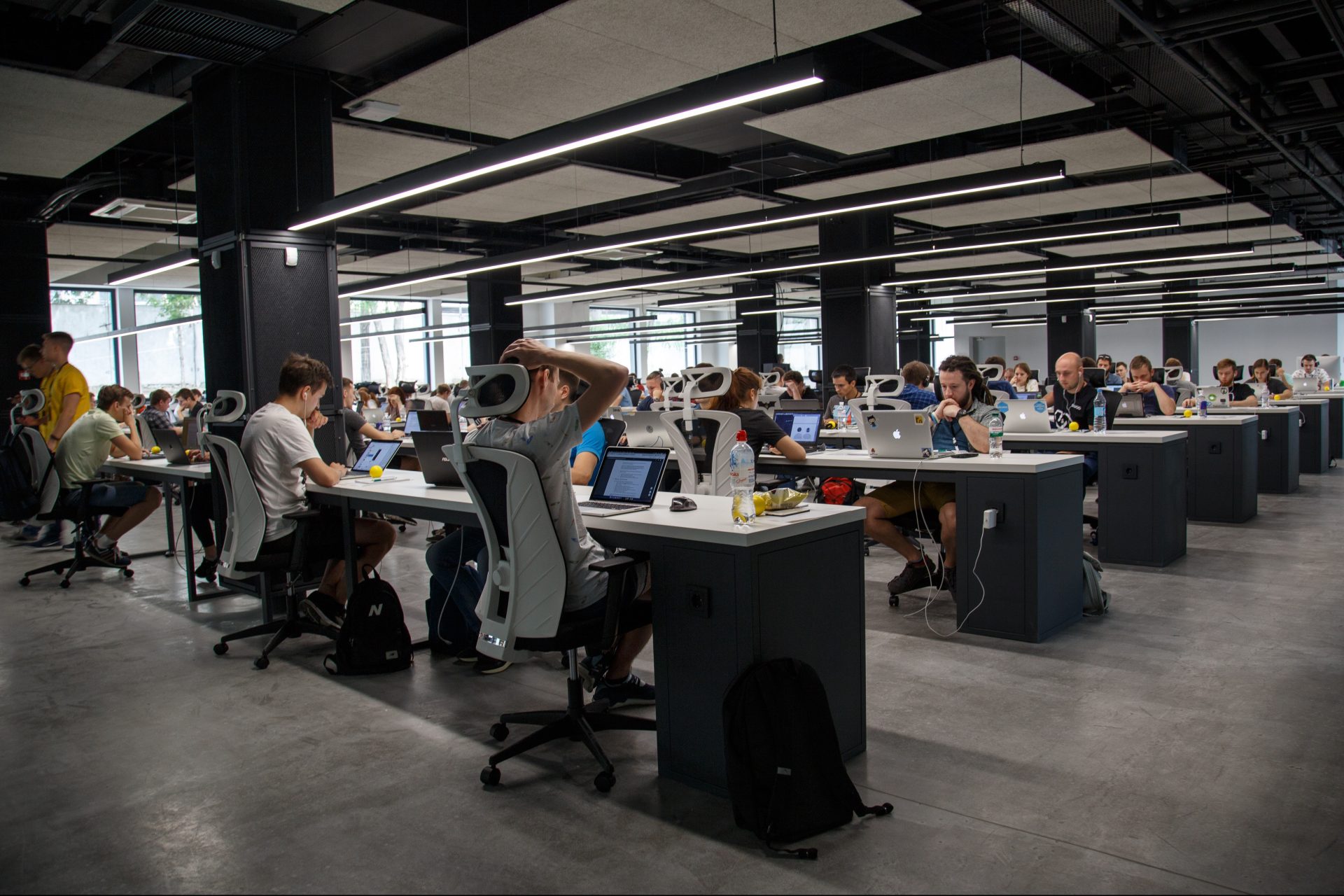
Dr Cregan-Reid from the School of English is hosting a new three-part series on the BBC World Service examining how the modern world is changing our bodies in different ways in different parts of the world.
The first of three episodes in the series entitled Changing World; Changing Bodies will be first broadcast on Wednesday 15 May, and then be available online via the BBC World Service website.
The show centres on work Dr Cregan-Reid has done examining how the evolution of our bodies has changed over the last 250 years since the industrial revolution.
Specifically, he will examine how we humans have gone from spending hours on our feet outdoors, to jobs that have moved indoors and largely involve sitting down for most of the day in offices, factories or driver cabs. It has resulted in feet that are getting flatter, weaker backs and eyes that can’t see very much without help.
To understand more about the long term health implications of this Dr Cregan-Reid speaks with evolutionary biologists, academics, anatomists and public health professionals in Singapore, Kenya, Australia, the UK and the United States. They discuss the impact of modern life on our physical self and what we can do to return our bodies to the state that nature intended.
Dr Cregan-Reid said: ‘Changing World; Changing Bodies will provide a unique insight into the huge changes happening to our bodies as a result of the way in which our lives have changed so dramatically over a relatively short space of time.’
The issue is also widely explored in Dr Cregan-Reid most recent book, Primate Change: How the World We Made is Remaking Us, published by Octopus.





